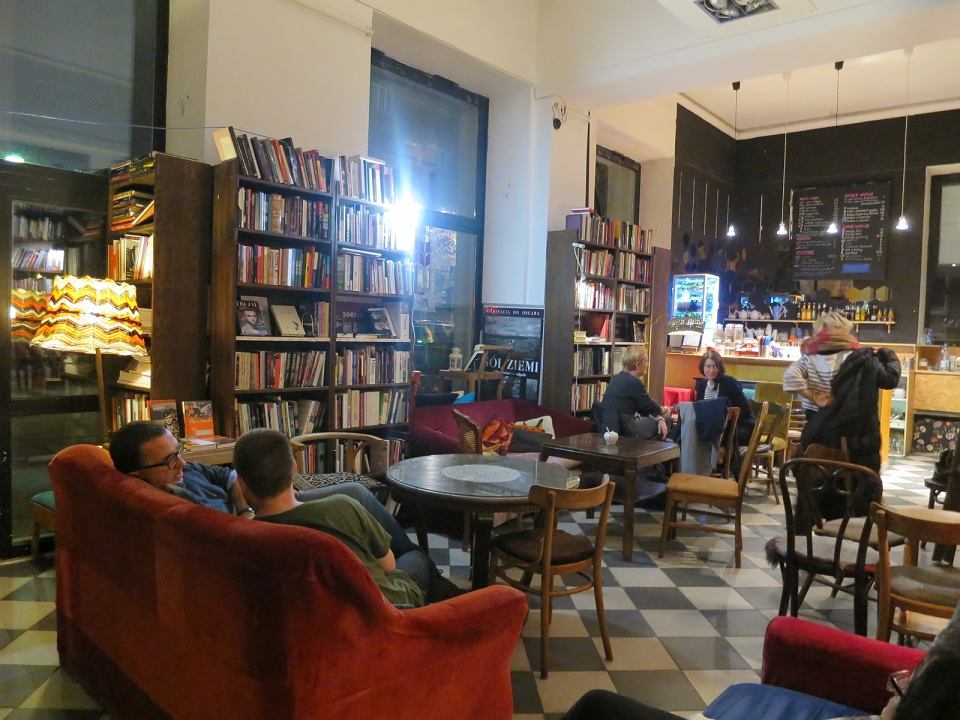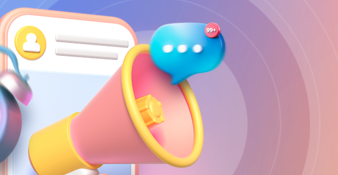The Ownership Effect: research and 3 marketing applications

“The way to love anything is to realize that it might be lost”, said Gilbert K. Chesterton, an English poet and writer. He probably never thought this beautiful but cynical phrase will be quoted by psychologists and economists of our time. And yet it is, for a simple fact: it’s true. This is exactly how our mind values things - in a nutshell.
In consumer psychology and other behavioral sciences, this is called the ownership effect or the endowment effect coupled with loss aversion. You’ve probably heard a bit about all these concepts. Thing is, you most likely don’t realize the extent to which this affects you, the importance of these biases, and their enormous marketing applications. So we’ll go through all of this.
The Ownership Effect
The story behind one of the most demonstrative studies goes like this: before important games, Duke University conducts a lottery between fans who want tickets. There’s not enough space for everyone; the fan base is huge and very, very passionate.
The two researchers invaded the university just before the game, waited silently until the lottery was done, and then called and asked the winners (who got the tickets) how much they would sell the ticket for. Then, predictably, they called and asked the losers how much they would agree to pay for the tickets.
Think about it for a second. Will there be a difference? Let’s say yes. Make a guess as to what it would be.
Here it is:
.png?1537878831861)
The ticket winners offered a price that was 14 times larger than the potential buyers were willing to pay.
The endowment effect came into force once the winners got the tickets. When asked to reason such a high price, they admitted the game was extremely important to them; explained that this would be a memory they would share with their children and that the experience of seeing the game was almost priceless.
Logically, these same feelings would apply to people who would buy the tickets to the game from the winners - however, they didn’t see it this way.
The losers saw clearly that they can’t pay more than the market price of the ticket.
Remember, winners and losers were chosen at absolute random. That’s the power of the ownership effect for you: it changes the perspective.
A less dramatic, but no less important study was conducted inside the classroom on students studying economy.
The researchers brought an attractive coffee mug with the university insignia into the class. It was then worth about $6. Mugs were distributed randomly to half the participants. The sellers and the buyers all indicated the price at which they would trade.
The average selling price was about double the average buying price, and the estimated number of trades was less than half of the number predicted by standard economic theory.
Loss Aversion
Loss aversion is part of the endowment effect. We’re not ready to lose something we already own.
However, sentimental value isn't the main reason for loss aversion. Loss aversion shows itself in the simplest of cases: when we realize that we like winning money much less than we hate losing money. Which, I think you could agree, is far from being rational.
Consider the following case:
You are offered a gamble on the toss of a coin. If the coin shows tails, you lose $100. If the coin shows heads, you win $150.
Would you play?
As the researchers behind this problem explain, to make this choice, you must balance the psychological benefit of getting $150 against the psychological cost of losing $100. And even though you understand that the gamble is probably worth it because you stand to gain more than you can lose, you probably wouldn’t go through with it — most people don’t.
For most people, the fear of losing $100 is more intense than the hope of gaining $150, and that is what loss aversion is all about.
Marketing takeaways:
1. Explain what can be lost rather than what can be gained

To understand the marketing potential of loss aversion, let’s turn to health campaigns. Incidentally, health services experiment quite a bit with marketing. There’s a reason for that: mostly, it’s much harder to convince people to exercise, give up smoking, and go to doctors regularly than to buy a shiny new product.
During the research on how to apply loss aversion to health campaigns, it was found that pamphlets urging young women to check for breast cancer through self-examinations are significantly more successful if they state their case in terms of what stands to be lost (e.g., “You can lose several potential health benefits by failing to spend only five minutes each month doing breast self-examination”) rather than gained (e.g., “You can gain several potential health benefits by spending only five minutes each month doing breast self-examination”).
Apply this to your product. What can be lost if the customer won't buy it? An opportunity to have fun? Time? Potential customers?
2. Imitate the ownership
How did auctions become so successful? It’s very rare that participants don’t realize that they end up paying more than they’ve expected to. Yet, although the proper auctions are almost gone, we’ve got websites like eBay that employ the same tactics.
When the first price is suggested at the auction, it is a pretty rational one. A participant knows that he or she is offering a lower price than what they’d be willing to pay and they know quite well the maximum price they could agree to. Yet they end up paying more for one important reason: they feel they own a product before actually owning it. The endowment effect kicks in, loss aversion kicks in, people imagine the price at which they would sell the product now that they almost own it... And do you recall those price differences?
Make people feel like they already own the product. Offer free trials, put some sofas in a book/toy/etc shops so that people could use the product within the store for some time.

3. Offer a money-back guarantee
What stops people from buying anything? Loss aversion. People imagine how much happiness the new product would bring them, then they consider how bad they’d feel about losing the money. As we know, losing is more painful than gaining is pleasurable, so often people don’t buy something even if they’d benefit from the product.
Money-back guarantee is a go-to solution. Unless your product is truly terrible, people won’t come back to get their money back. But they’ll have the opportunity and this will reduce their fear of loss. This will also push people if they are not sure whether they want the product, and they might actually realize they don’t need it that much after they’ve bought one. However, their perspective will change - the product will become theirs, and much harder to give up. The perspective will change, and the option to return it won’t seem so attractive anymore.
Have you ever caught yourself experiencing loss aversion? Have you noticed marketers using this psychological concept? Do you have any other ideas that you'd like to share? Let me know in the comment section!













